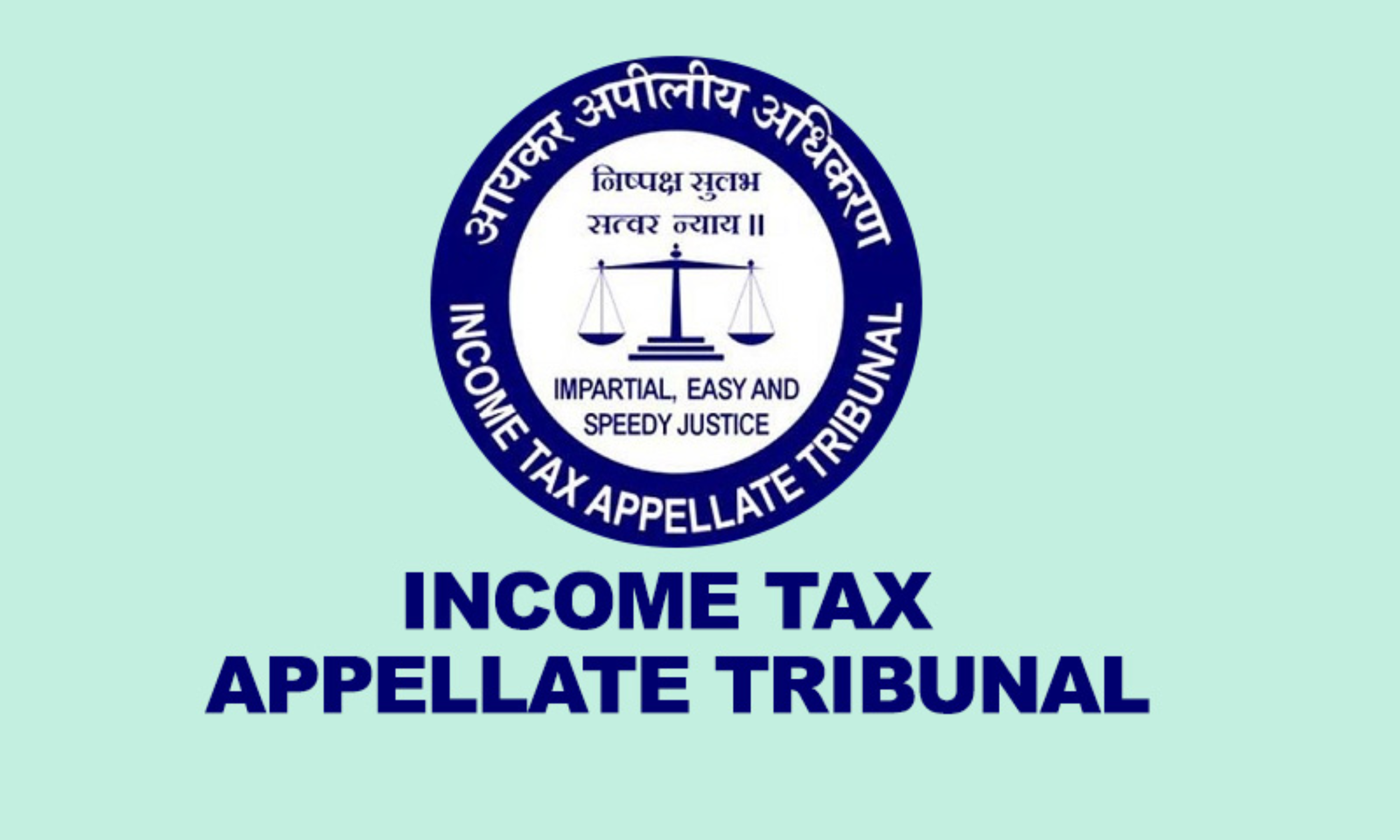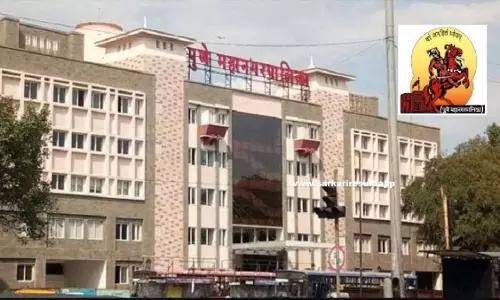Expenditure In Carrying Out Foreign Travel Directly Relating To Securing Capital Investment In The Business Is Capital In Nature: ITAT

The Bangalore Bench of the Income Tax Appellate Tribunal (ITAT) has ruled that the expense of carrying out foreign travel directly relating to securing capital investment in the assessee's business cannot be in the revenue nature. On the other hand, it is capitalist in nature. The two-member bench of Beena Pillai (Judicial Member) and Chandra Poojari (Accountant Member) has observed...
The Bangalore Bench of the Income Tax Appellate Tribunal (ITAT) has ruled that the expense of carrying out foreign travel directly relating to securing capital investment in the assessee's business cannot be in the revenue nature. On the other hand, it is capitalist in nature.
The two-member bench of Beena Pillai (Judicial Member) and Chandra Poojari (Accountant Member) has observed that the assessee furnished only the supplementary agreement with the above party and did not furnish the main agreement also. It can be inferred that the assessee wanted to hide the real intention of going abroad to go to foreign countries and incur expenditure.
The appellant/assessee is a private limited company, engaged in the business of hatchery and dealing in layer operations during the year. The assessee had filed its return of income for the assessment year 2017-18, declaring a net assessable loss. The case was selected for scrutiny and, during the course of the hearing, the assessee was served with a show cause notice, proposing, among other things, to disallow the foreign travel expenses. The company had been looking to expand or explore opportunities outside the Middle East since their operations in India are restricted by their franchise agreement. The travel cost was primarily incurred for travel to the Middle East and a few poultry seminars held outside the country.
The assessee has claimed the initial expenditure on travel for exploration of new markets and business opportunities outside the country as a legitimate expenditure of the company expended wholly and exclusively for the purpose of business, which is admissible under section 37(1) of the Income Tax Act, 1961. One of the leads resulted in a business opportunity in the form of a joint venture in Oman, namely Dar Al Tomouh Projects, LLC (DATP). The joint venture initially crystallised in September 2016 and the actual investment was made on February 28, 2017. However, the travel costs incurred after September, 2016 were not claimed by the assessee as an expenditure and were recovered from the investee company.
The company had claimed an expenditure of Rs. 13,51,168 as an admissible expenditure under section 37(1) and has not claimed the expenditure of Rs. 13,86,377/-incurred in connection with the joint venture. The Assessing Officer did not agree with the contentions of the assessee and proceeded to make a disallowance of a sum of Rs. 13,51,168 claimed under section 37 by treating the travel expenses as capital in nature.
The assessee contended that expenditure has been incurred to secure the extended market for its product in foreign countries. For that purpose, the assessee travelled to foreign countries so as to secure more sales in foreign countries of the product with which it is dealing. The assessee has carried out various market surveys and met various dignitaries in foreign countries, namely Oman, UAE, Bangkok, Doha, Bucharest, and Thailand. The assessee also made a visit to the slaughter plant so as to establish a similar slaughter centre in India to maintain hygiene.
The department contended that the assessee has incurred expenditure not for carrying out the day-to-day business of the assessee. On the other hand, it was incurred towards securing investment from foreign countries for its business so as to create the capital asset and was not directly linked to the day-to-day carrying of the business of the assessee. The expenditure cannot be allowed under sections 30 to 38 of the Income Tax Act.
The ITAT held that the expenditure cannot be allowed under sections 30 to 38 as this expenditure has not been laid down wholly and exclusively for the purpose of the assessee's business in day-to-day operation. The expenditure cannot be treated as a revenue expenditure while computing the income of the assessee.
Case Title: M/s. Balkrishna Live Stock Breeders Pvt. Ltd. Versus ACIT
Citation: ITA No.619/Bang/2021
Dated: 04.08.2022
Counsel For Appellant: A.R. Pratibha R.
Counsel For Respondent: D.R. Sankar Ganesh K.
Click Here To Read/Download Order




